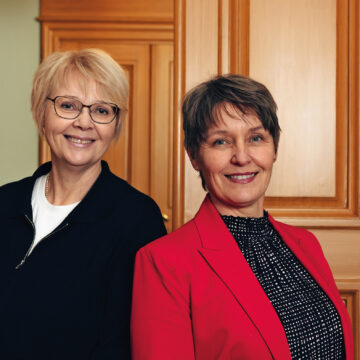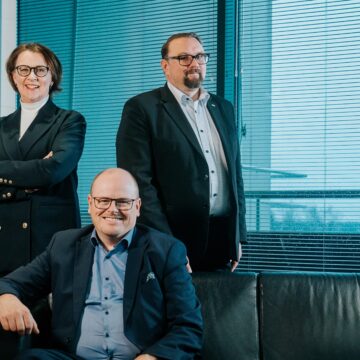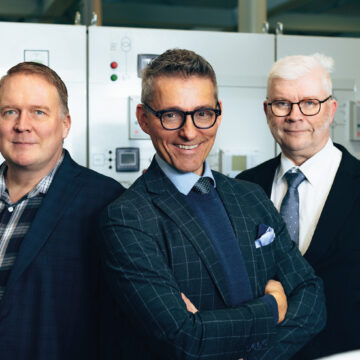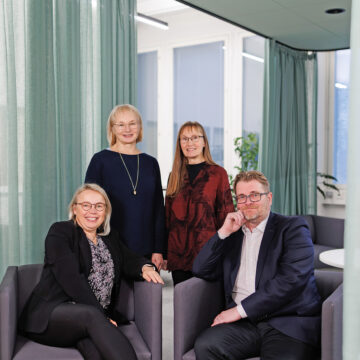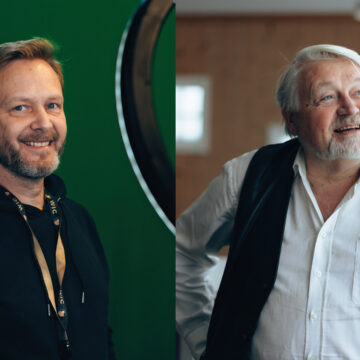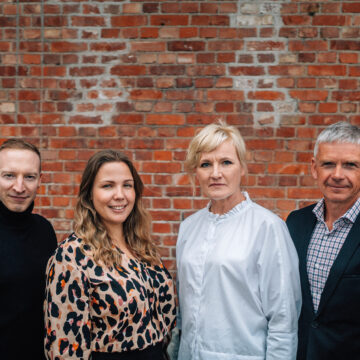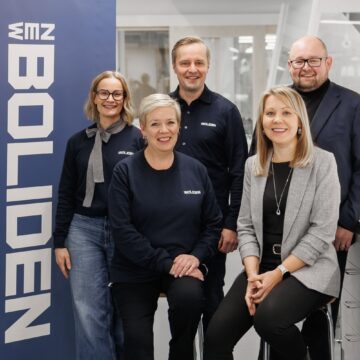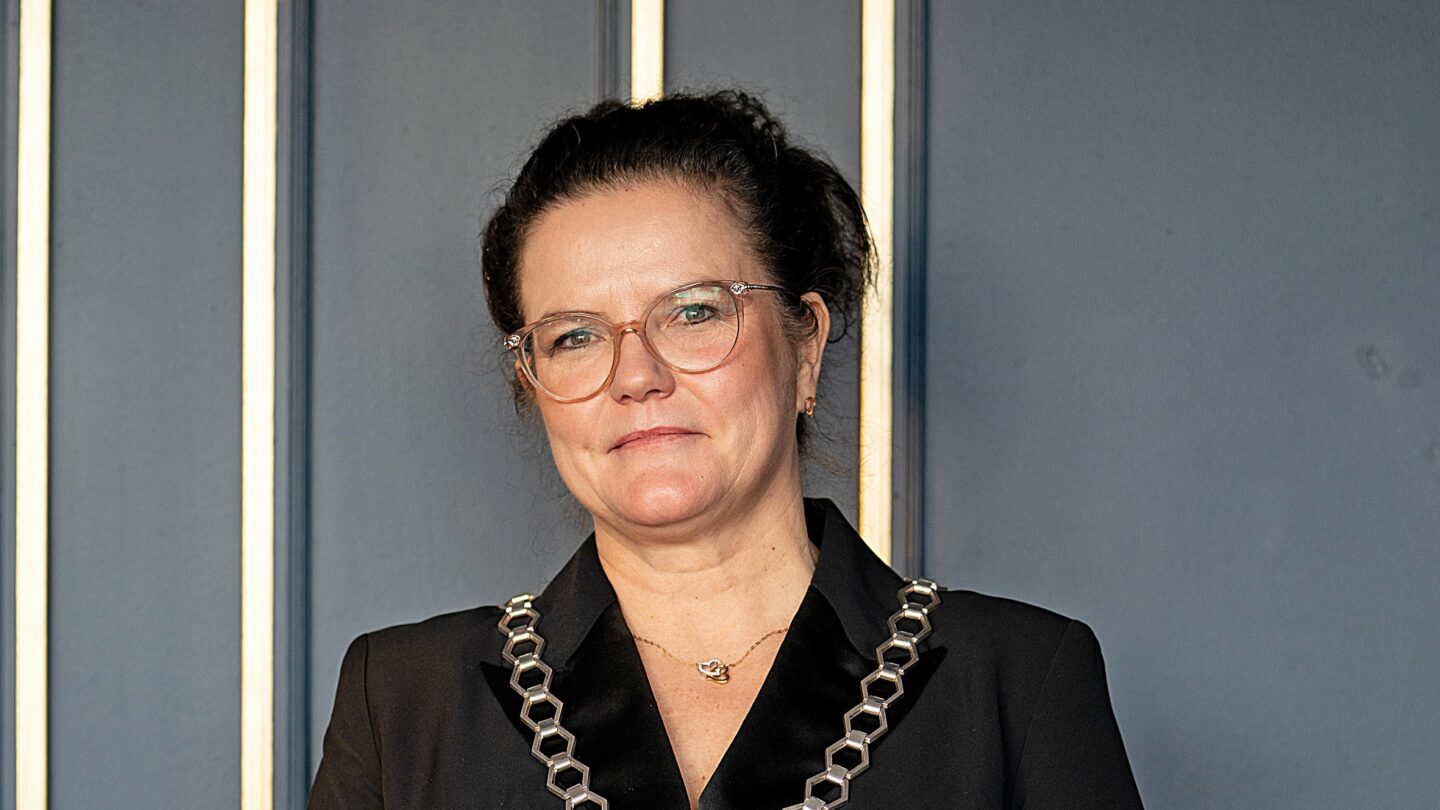
The University of Vaasa is among the world’s top 500 universities
For a long time, the University of Vaasa has been recognised as an internationally impactful research university. It was once again ranked among the world’s top 500 universities in the Times Higher Education World University Rankings 2025. In one of the ranking’s key areas, research quality, the university placed 108th.
“Furthermore, the Global Ranking of Academic Subjects (GRAS) by ShanghaiRanking placed us 22nd globally – and first in Finland – in business administration. GRAS uses indicators such as research quality and influence”, says Rector Minna Martikainen.
“Our success in both rankings is a testament to the high-impact research we do here at the University of Vaasa.”
In 2024, the university also received an internationally renowned AACSB accreditation for business studies. Less than six percent of the world’s schools offering business programs have this accreditation.
“In the same year, we passed the Finnish Education Evaluation Centre’s audit. This demonstrates that our university’s operations and quality system meet national and European criteria for quality assurance in higher education”, states Martikainen.

In both research and education, the University of Vaasa’s main focus areas are sustainable business, energy, and society. Together with the local business ecosystem that is particularly characterised by Northern Europe’s largest energy technology cluster, the university aims to accelerate the energy transition.
“Cooperation in education and research is what helps us move society forward. Our university is a valued partner for innovating new technical solutions and solving complex challenges within different fields and themes, such as renewable energy and responsible production.”
Finland aims to raise the share of research, development, and innovation to four percent of its GDP by 2030. To help in achieving this goal and strengthen its cooperation with the local ecosystem even further, the University of Vaasa launched the CoDoc project in 2024. The goal is to create a collaborative doctoral partnership model between doctoral researchers and external partner organisations.
A model like this would both give organisations a better chance to influence research topics and provide them knowledge for developing future solutions, enhancing competitiveness.
“At the same time, the model would allow doctoral researchers to tackle real-word issues while being funded by both the university and the partner”, explains Martikainen.


